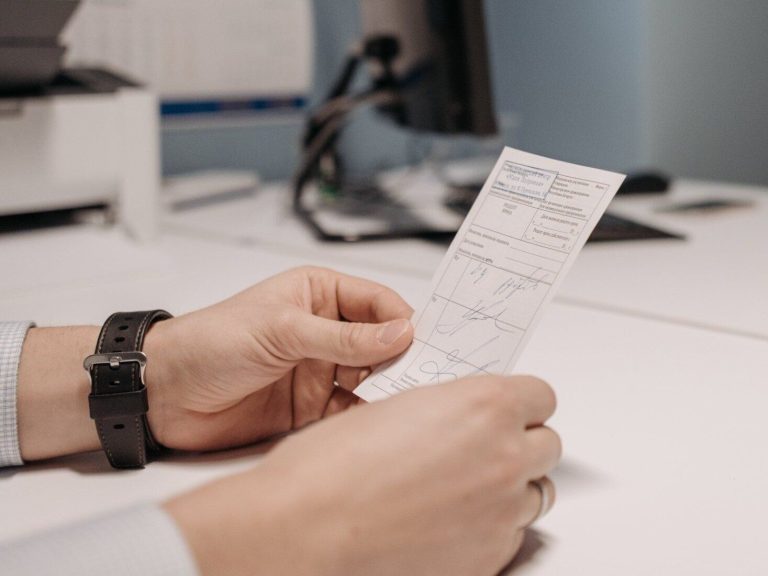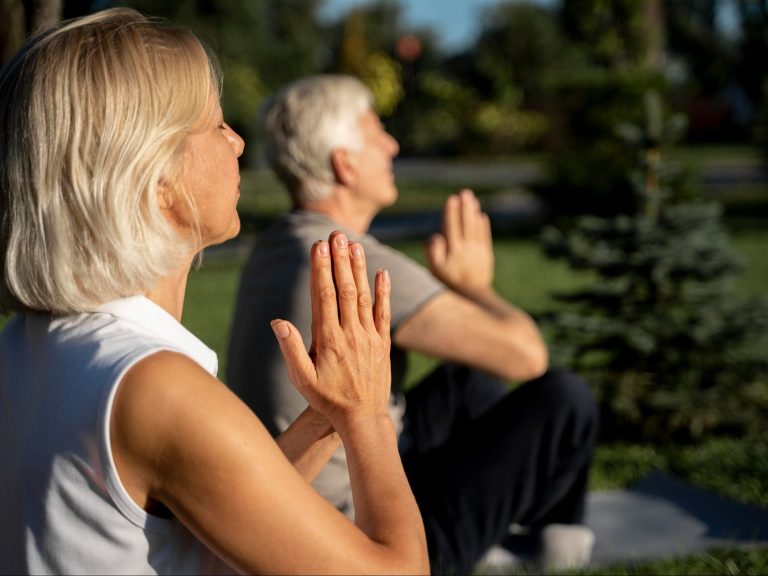Blue screen light is not only harmful to your eyes. It can cause cancer and other dangerous diseases

It has been known for a long time that blue light is harmful to health. It turns out that excessive exposure to them may not only result in visual defects, but may also increase the risk of cancer.
The average Pole spends about 9 hours a day in front of various types of screens (tablets, computers, phones and TVs) – according to a report prepared by Electronics Hub. This is way too much. Of course, it is difficult to completely avoid contact with electronic devices, but you need to limit your exposure to blue light as much as possible.
Blue light – is it harmful?
HEV, or blue light, is a natural part of sunlight. In small amounts it does not pose a threat to the body, on the contrary. It is necessary for the proper regulation of the daily cycle. A small amount of it even improves concentration and well-being. However, very long and frequent contact with devices emitting artificial light has a negative impact on health. Until now, it was believed that it mainly affected the eyes, but scientists came to the conclusion that it may also cause cancer.
Blue light and the risk of cancer
The topic was dealt with by researchers from Spain, working at the Institute for Global Health in Barcelona. First, they showed a link between exposure to blue light at night and an increased risk of breast and prostate cancer. Due to the fact that they did not exhaust the topic, in the next analysis they focused on the impact of artificial night light on the incidence of colorectal cancer. The analysis was based on data obtained from 2,000 residents of Barcelona and Madrid, of whom 660 people suffered from colorectal cancer, and the rest were randomly selected.
The report’s conclusions were published in Epidemiology. They are as follows: Participants with the highest exposure to blue light were 60 percent more likely to develop colorectal cancer. The reason is probably that blue light causes oxidative stress and damages the DNA of cells, consequently leading to the development of cancer. Scientists have also shown that exposure to HEV contributes to thyroid and lung diseases and the development of overweight and obesity.
How does blue light affect vision?
Most people who spend long hours in front of screens have probably noticed that their eyes water, burn or become very dry more often. Many people complain about blurred vision or blurred vision. Blue light is responsible for this – when absorbed, free radicals can lead to damage to the corneal epithelium and, over time, to the development of dry eye syndrome.
“Blue light has a negative impact on the metabolic processes taking place in the retina and can lead to serious vision damage and macular degeneration. It is an incurable disease that results in significant loss of vision. It used to affect people over 50 years of age, but today due to excessive exposure to blue light it can deprive the ability to see clearly much earlier.– explains Piotr Toczołowski, optometrist from the Nowy Wzrok Ophthalmological Center.
How harmful is blue light?
Exposure to blue light can also have other serious consequences. It damages the skin, which becomes excessively dry, less firm, prone to allergies and ages faster. This was confirmed by scientists from the University of Oregon, and a Polish team led by Jadwiga Giebultowicz conducted an experiment during which they observed the reaction of fruit flies to blue LED light. The observation lasted 24 hours a day – the flies spent 12 hours in the dark and 12 in the light. Those whose contact with the blue fraction of light was longer lived shorter lives. Another study conducted by researchers at Ankara Municipal Hospital found that overuse of electronic gadgets may lead to faster puberty in children.
How to protect yourself from blue light?
It is impossible to completely cut yourself off from electronic devices, especially since they were created to make our lives easier. But on a daily basis it is worth following the following rules:
-
limit the use of smartphones, computers and TVs during the day, and turn off devices that emit blue light at night,
-
do not use devices emitting blue light in the evening,
-
keep an appropriate distance from the computer – the monitor should be at eye level at a 90-degree angle to the tabletop, and the smartphone or tablet should be at a safe distance of min. 25 cm from the face,
-
turn on eye protection filters in your devices,
-
blink often
-
take breaks from using devices.






